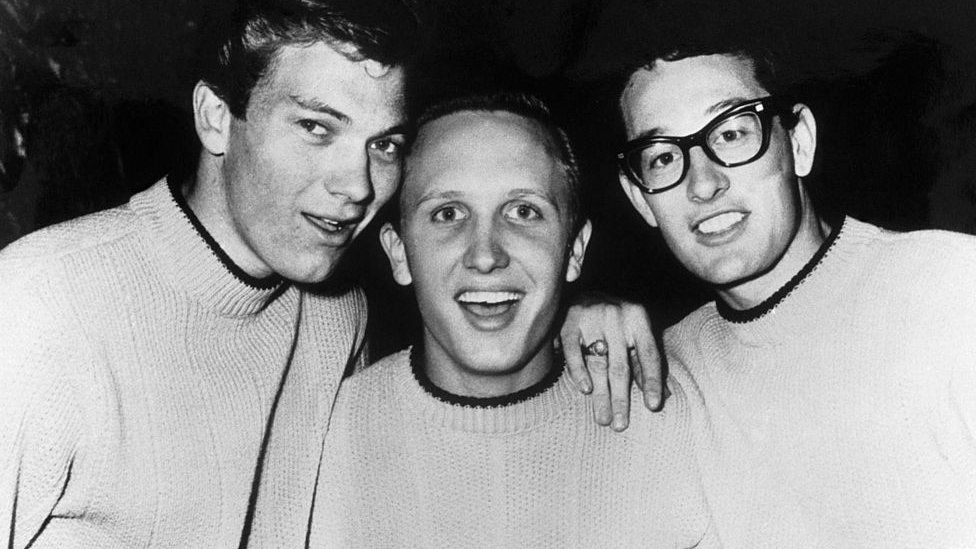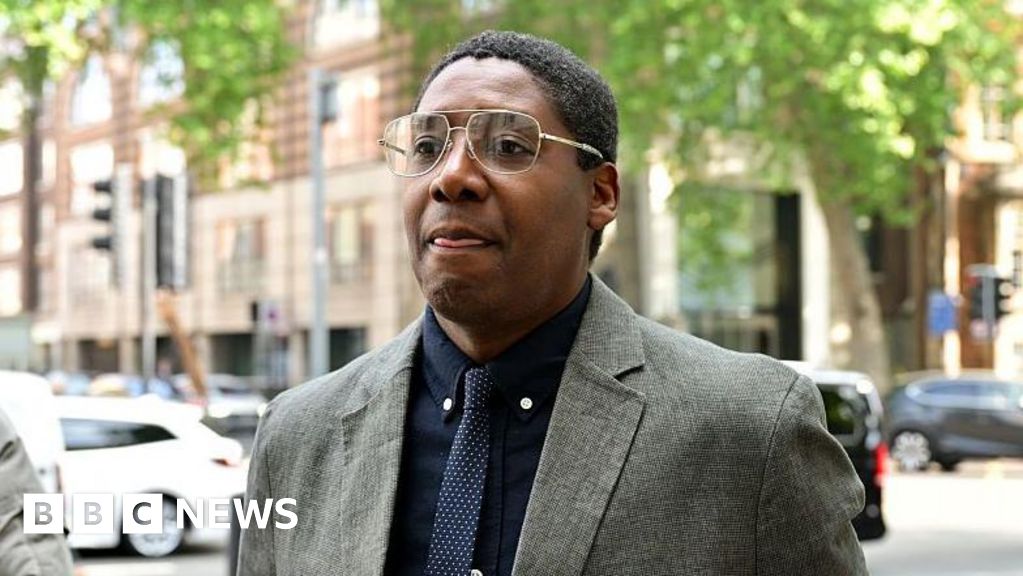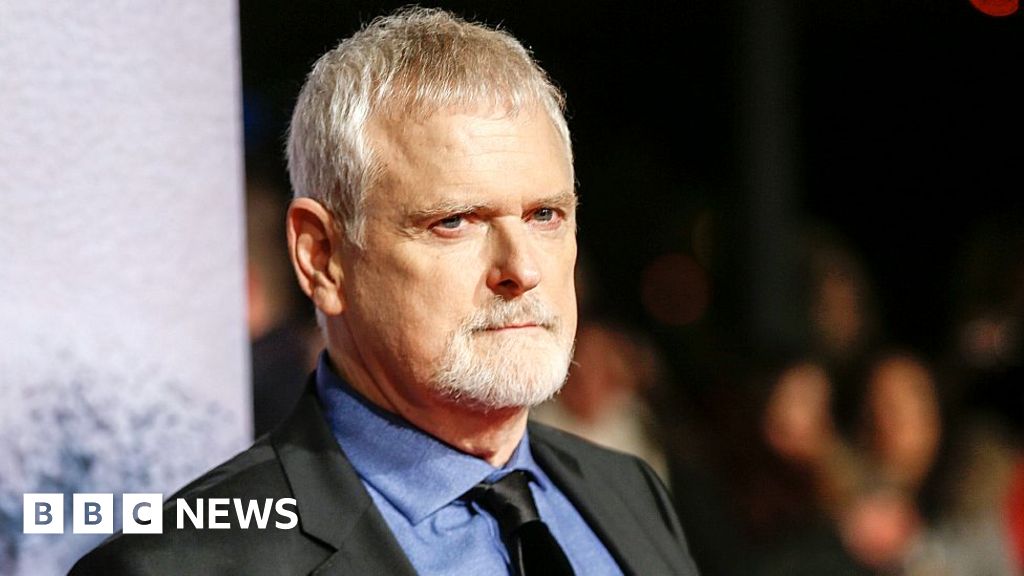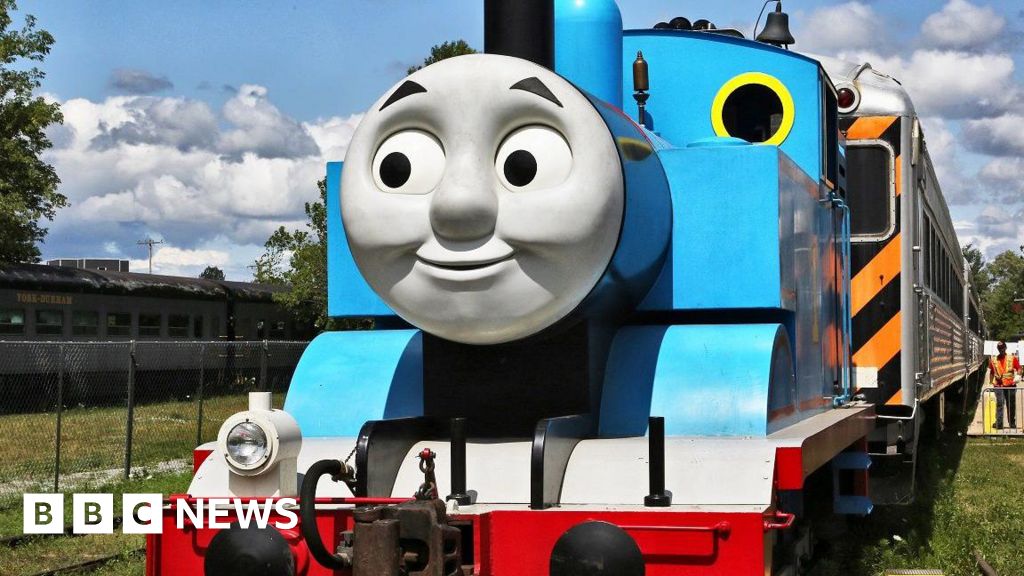ARTICLE AD BOX
By Mark Savage
BBC Music Correspondent
 Image source, Getty Images
Image source, Getty Images
Allison (centre, with Buddy Holly. right) was a key part of the rock and roll sound
Jerry Allison, whose drumming powered Buddy Holly's influential rock and roll hits, has died at the age of 82.
As part of The Crickets, Allison co-wrote songs like That'll Be The Day and Peggy Sue, earning him a place in the Rock and Roll Hall Of Fame.
His death was announced on the official Buddy Holly Facebook page on Monday.
The statement paid tribute to Allison as a "musician ahead of his time". Neither a date nor a cause of death was given.
"Our sincerest condolences to the family and friends of Jerry 'JI' Allison, drummer in the Crickets, one of Buddy's very closest friends, and the inspiration to drummers for decades since, who passed away today at the age of 82," the post read.
"JI was a musician ahead of his time, and undoubtedly his energy, ideas and exceptional skill contributed to both The Crickets, and rock n' roll itself, becoming such a success.
"Buddy is often heralded as the original singer-songwriter, but JI, too, wrote and inspired so many of the songs that would go on to be eternal classics."
The musician was born Jerry Ivan Allison in Hillsboro, Texas, in 1939, and started playing drums in the school band at the age of 10.
He first encountered Buddy Holly a couple of years later, when the musician sang the country song Too Old To Cut The Mustard at a school assembly.
"I was just terribly impressed. It was great," he later told Gary James.
The pair became friends in high school, bonding over their love of Little Richard and Fats Domino and very soon formed a duo of their own - with Allison on drums and Holly on guitar and vocals, playing around the town of Lubbock, Texas.
It was there that they wrote That'll Be The Day, while practicing in Allison's bedroom.
"We'd been to see the John Wayne movie The Searchers," he told Texas Music Monthly.
"Wayne kept repeating the line, 'That'll be the day.' Buddy said, 'Let's write a song,' and I said, 'That'll be the day!' We worked on it for about half an hour."
In 1956, they travelled to Nashville to cut a demo for Decca Records, cutting an early version of That'll Be The Day - but nothing came of it.
A year later, Holly drafted in guitarist Nikki Sullivan and bassist Joe B Maudlin, christening his new band The Crickets. Maudlin and Allison quickly became a formidable rhythmical force, giving Holly's songs a unique urgency.
They cut That'll Be The Day again with musician-turned-producer Norman Petty, who encouraged the band to play harder, and recorded them live in the studio, without overdubs.
Warning: Third party content may contain adverts
Credited simply to The Crickets (as Holly was technically still signed to Decca), the song went to number one on Billboard's popular music chart and the UK's official singles chart, It was later certified gold, for selling more than one million copies in the US.
The song was also a huge influence on Paul McCartney and John Lennon, whose first recording as The Quarrymen was a cover of That'll Be The Day. According to legend, they later chose The Beatles as a band name in tribute to The Crickets.
After That'll Be The Day, Holly and the Crickets had an incredible run of success, scoring another seven top 40 hits in 18 months, before Holly's untimely death in a plane crash at the age of 22.
Among them was Peggy Sue, which was originally called Cindy Lou, until Allison intervened.
He pleaded with Holly to change the title in reference to his girlfriend Peggy Sue Gerron, after the couple temporarily split up.
The gesture worked: Gerron and Allison reunited and later married. Although, in her memoir, Whatever Happened to Peggy Sue?, Gerron said that when she first heard the song, she was "so embarrassed, I could have died."
Warning: Third party content may contain adverts
Allison was also the co-writer of another Holly classic, Not Fade Away, but was allegedly cheated out of a credit by Petty.
"I do regret not getting my name on it, since The Rolling Stones recorded it, and I wouldn't have minded the money," he told Record Collector magazine, while admitting he "liked the Stones' version better" because Charlie Watts played a real drum kit, as opposed to the cardboard box he'd used as a snare.
But that unorthodoxy was one of the things that made Allison such an innovative force.
Although he often played a small kit - a snare, kick drum and cymbal - Allison brought a musicality to his drumming, embellishing and highlighting Holly's melodies with sympathetic fills and punctuation.
However, he downplayed his talents, saying he never liked the showy techniques that other drummers employed.
"A lot of them, they play so much you can't even pick it up on a recorder. It's all blurred," he said in 2015. "I always liked to kind of keep it pretty simple. Besides that, you don't have to practice as much."
Image source, PA
Image caption,The Crickets were inducted to the Rock and Roll Hall Of Fame in 2012
Allison also had a minor solo hit, Real Wild Child, which he released under the name Ivan, with Holly backing him on guitar and vocals. The song later became a rock standard, covered by Iggy Pop and others.
After Holly's death, The Crickets continued to tour and record, working with the Everly Brothers and Bobby Vee; and Allison established himself as a session musician for artists like JJ Cale and Johnny Rivers.
The Crickets were inducted into the Rock and Roll Hall of Fame in 2012, while That'll Be The Day was placed in the National Recording Registry, which preserves records of cultural significance, in 2005.
Allison played his last gig with The Crickets in 2016, and spent his retirement living comfortably on a farm outside Nashville, Tennessee, He had been the last surviving member of the band's original line-up.
Follow us on Facebook, or on Twitter @BBCNewsEnts. If you have a story suggestion email entertainment.news@bbc.co.uk.

 2 years ago
66
2 years ago
66








 English (US) ·
English (US) ·